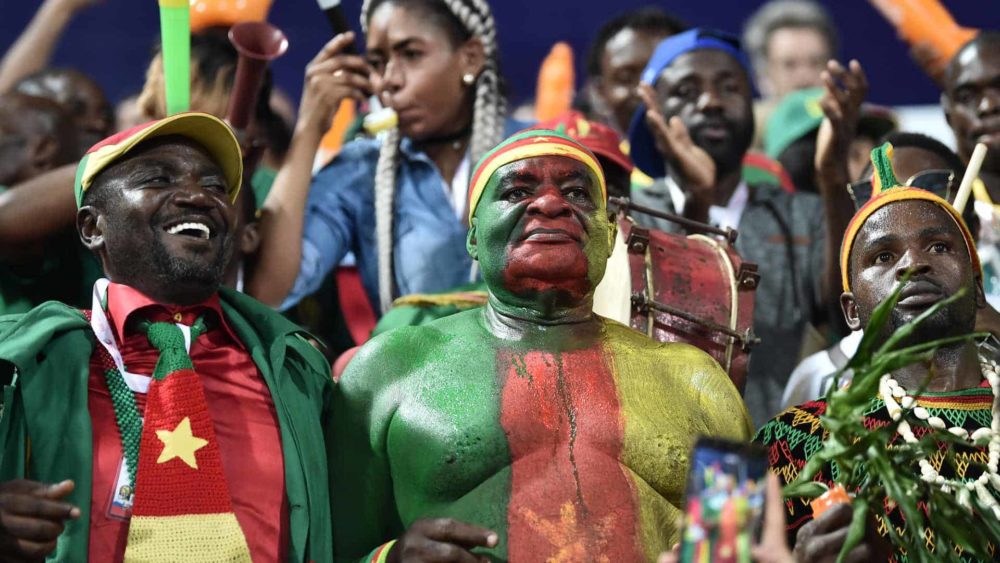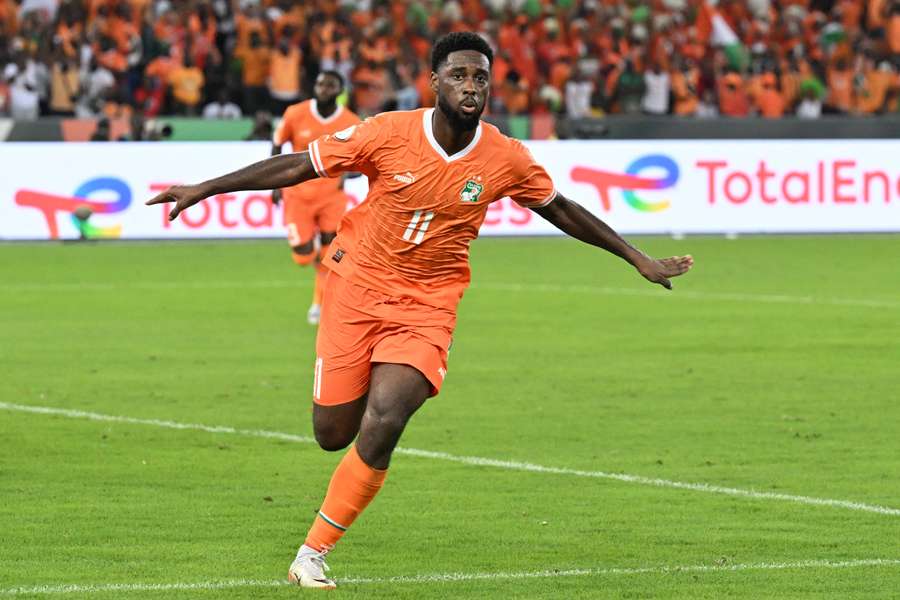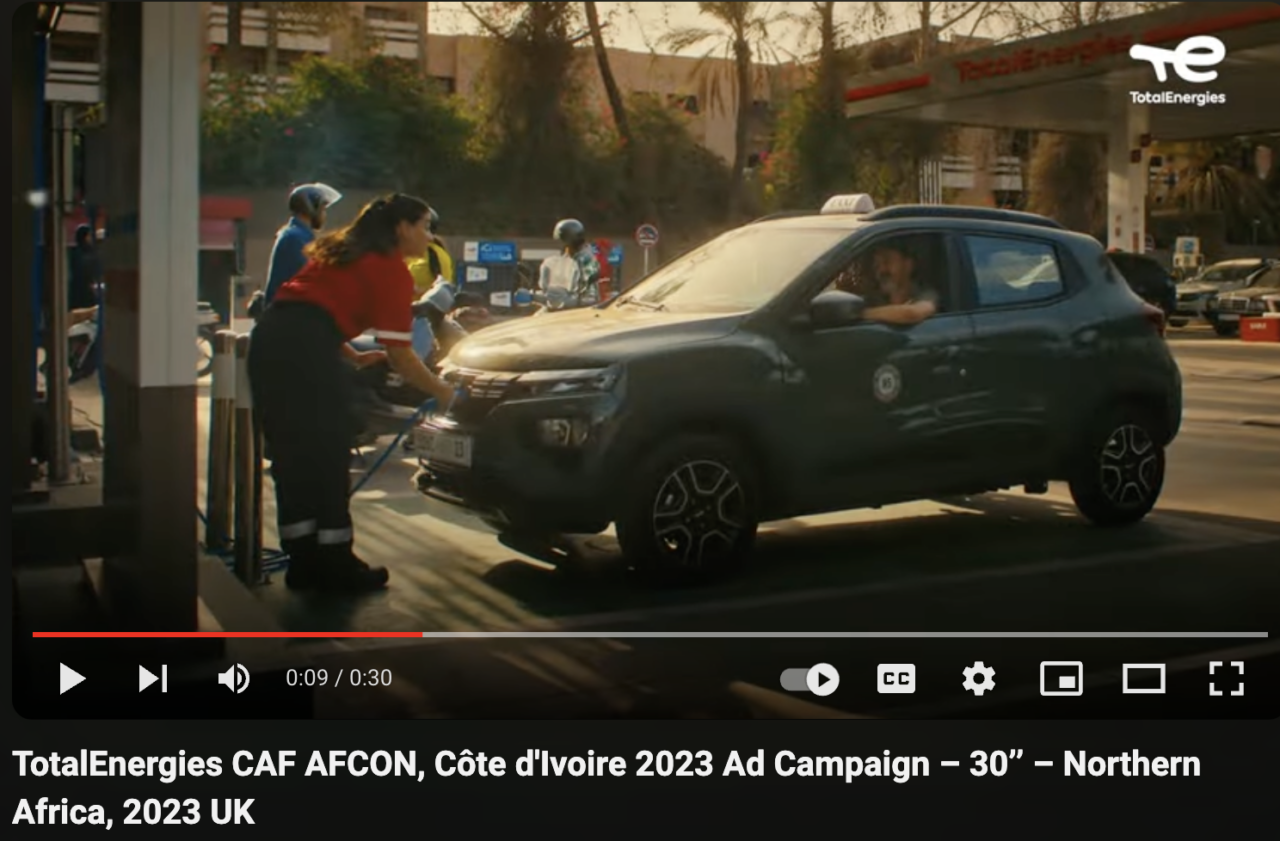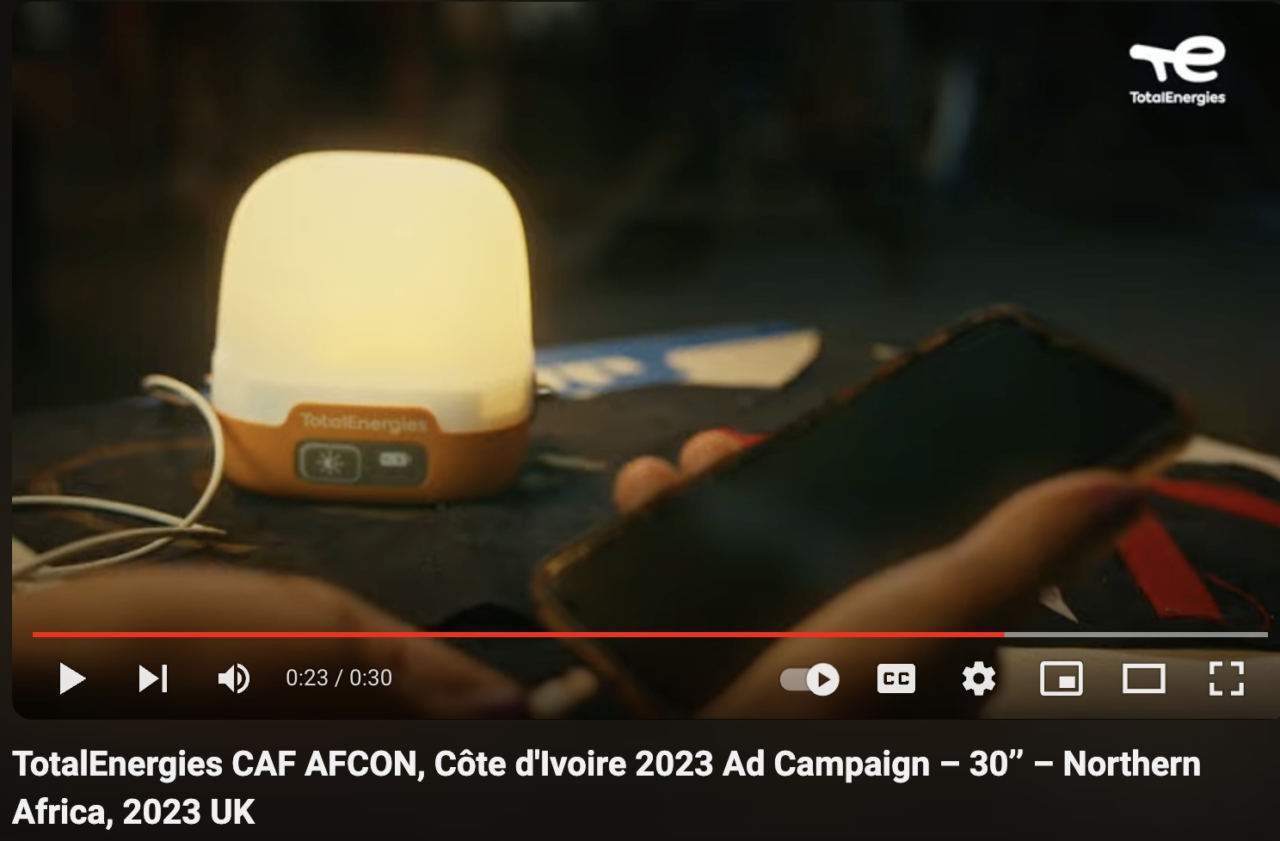The Africa Cup of Nations (AFCON) is not just a football tournament; it’s a euphoric celebration of national pride, unity, and the beautiful game that unites us all. As a fan, AFCON is the pinnacle of excitement, a time when our hearts beat in sync with the rhythm of the game, and our spirits soar with each goal scored for our beloved national team. I can’t describe the joy and excitement I felt when Sadio Mané scored the 3rd goal against Cameroon.
One can feel and even touch the passion of football for African youth, and AFCON is the stage where our collective dream comes alive: African Unity. As the kickoff approaches, the entire nation becomes a sea of colors, echoing with cheers, chants, and the beating of drums. We proudly wear our team jerseys, painting our faces with the vibrant hues of our national flag, ready to stand shoulder-to-shoulder with our fellow compatriots.

For me, AFCON is more than a competition; it’s a showcase of the extraordinary talent that our continent possesses. Our star players become heroes, and their every move on the field is a source of collective joy and celebration. The tournament brings together diverse cultures, languages, and traditions under the common banner of football, fostering a sense of unity and shared identity that transcends borders.
The intensity of each match and the collective roar of the crowd create an electrifying atmosphere. It’s a rollercoaster of emotions. However, AFCON is not just about the sport, it’s an “Industry of collective attention”, and it’s also a huge greenwashing machine used by fossil fuel companies.
As I watched the game Nigeria vs Côte d’Ivoire, the TotalEnergies logo was suddenly harassing me, knowing all the damages they are causing to the environment particularly in Africa with the EACOP project. Studies show, and TotalEnergies is aware of it, that the construction and operation of EACOP pose grave environmental risks. Worse, TotalEnergies, was aware of the harmful global warming impacts due to burning fossil fuels since 1971 and actively engaged in a sophisticated denial campaign of climate science. The pipeline route traverses sensitive ecosystems, including protected areas and internationally significant wetlands, posing threats to biodiversity and ecosystems that thousands of kids, vulnerable women, and poor families depend on for their sustenance.
As Côte d’Ivoire was scoring in the last minutes, I felt sad and everything vanished. The joy, the excitement, the cheers, and even the stadium disappeared. All I saw was the red, blue, and yellow colors of the TotalEnergies logo.

At that moment, I realized that I, the players, and the million viewers were oiling a huge greenwashing machine run by TotalEnergies. One may not be familiar with greenwashing, so let me unpack it for you.
Major sporting events like the Africa Cup of Nations (AFCON) are used as opportunities for companies and brands to communicate with audiences and shape a good image. Greenwashing is one of these strategies. It involves presenting a misleading image of a brand or company, and events such as AFCON is leveraged by TotalEnergies for such purposes through sponsorship and advertising.
“On July 21, 2016, Total signed an eight-year partnership with the African Football Confederation (AFC), the governing body of football on the continent. Our Company – TotalEnergies – has thus become the title sponsor of the ten main AFC competitions including the prestigious African Cup of Nations (AFCON). Renamed AFCON Total then AFCON TotalEnergies on this occasion, it is the most important sporting event in Africa and the third largest football competition after the World Cup and the European Championship. Africa is part of our DNA.”
A to the Chairman and CEO Patrick Pouyanné: “Africa is an integral part of TotalEnergies’ DNA. Through this commitment, we are strengthening our links and our proximity with our stakeholders and our customers, around popular and festive competitions which always arouse great enthusiasm, including within our teams.”
AFCON becomes a strategic time to capture the audience’s attention, what Puyanné refers to as “great enthusiasm”, and shape perceptions before the tournament begins. TotalEnergy even associated their name with the competition per se; so instead of saying AFCON, in the media, they call it TotalEnergy AFCON. Meaning, they own – or should I say usurped – the competition from millions of football fans.
The goal of using greenwashing during AFCON is to manipulate the audience’s perception, associating the brand with positive environmental values and diverting attention from any negative environmental practices. One can notice that TotalEnergies launched advertising campaigns leading up to AFCON using a greenwashing strategy by highlighting their environmental initiatives and green products. In this ad, they showcase electric cars, solar-powered device charging phones, green solutions, etc to implicitly shape the image of an eco-responsible company while they are polluting and causing loss and damage among those that are watching the competition.


In 2022, TotalEnergies made a record $36 billion profit from its oil and gas exploration in Africa, wrecking the planet and devastating communities. TotalEnergies cannot continue hijacking our prestigious football moment with its advertising. People from impacted communities and countries have already rejected its extractivist-based neo-colonial activities and expansion of oil and gas exploitation. Afcon 2024 must be the last TotalEnergies-sponsored cup! Together, we must join our forces to kick Total Out of the Continent.
The post AFCON sponsorship: A greenwashing strategy by Total Energies appeared first on 350.